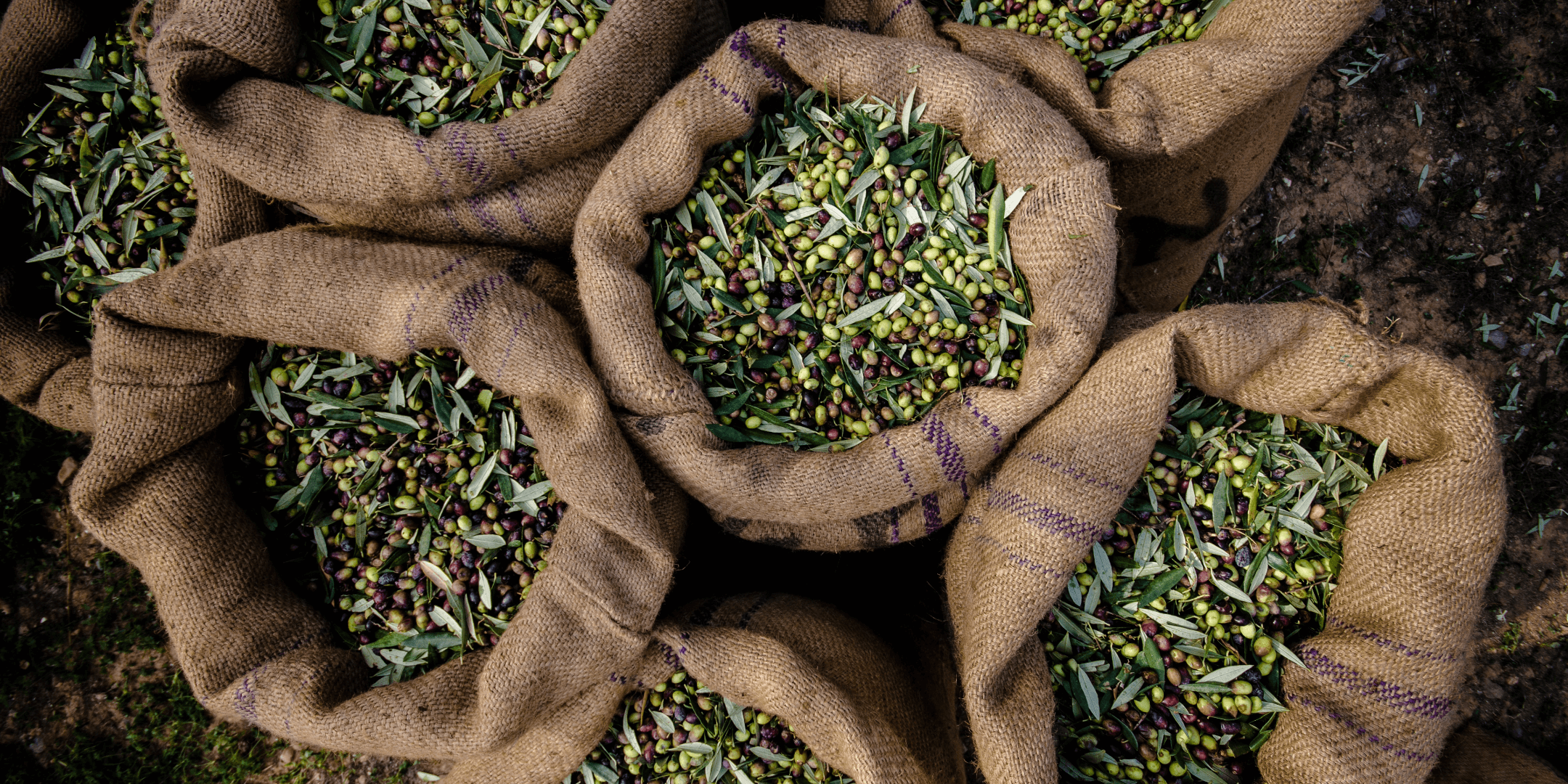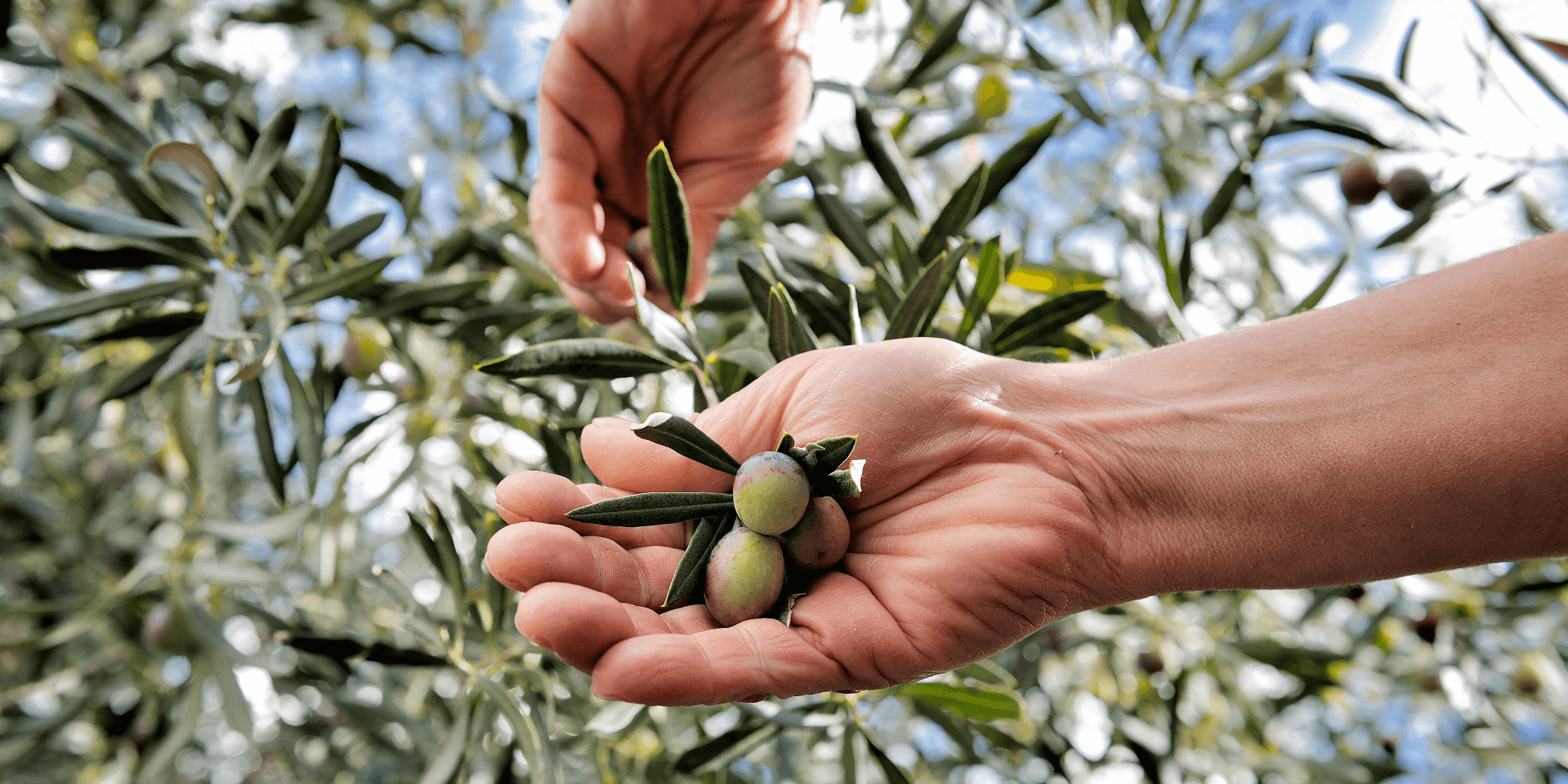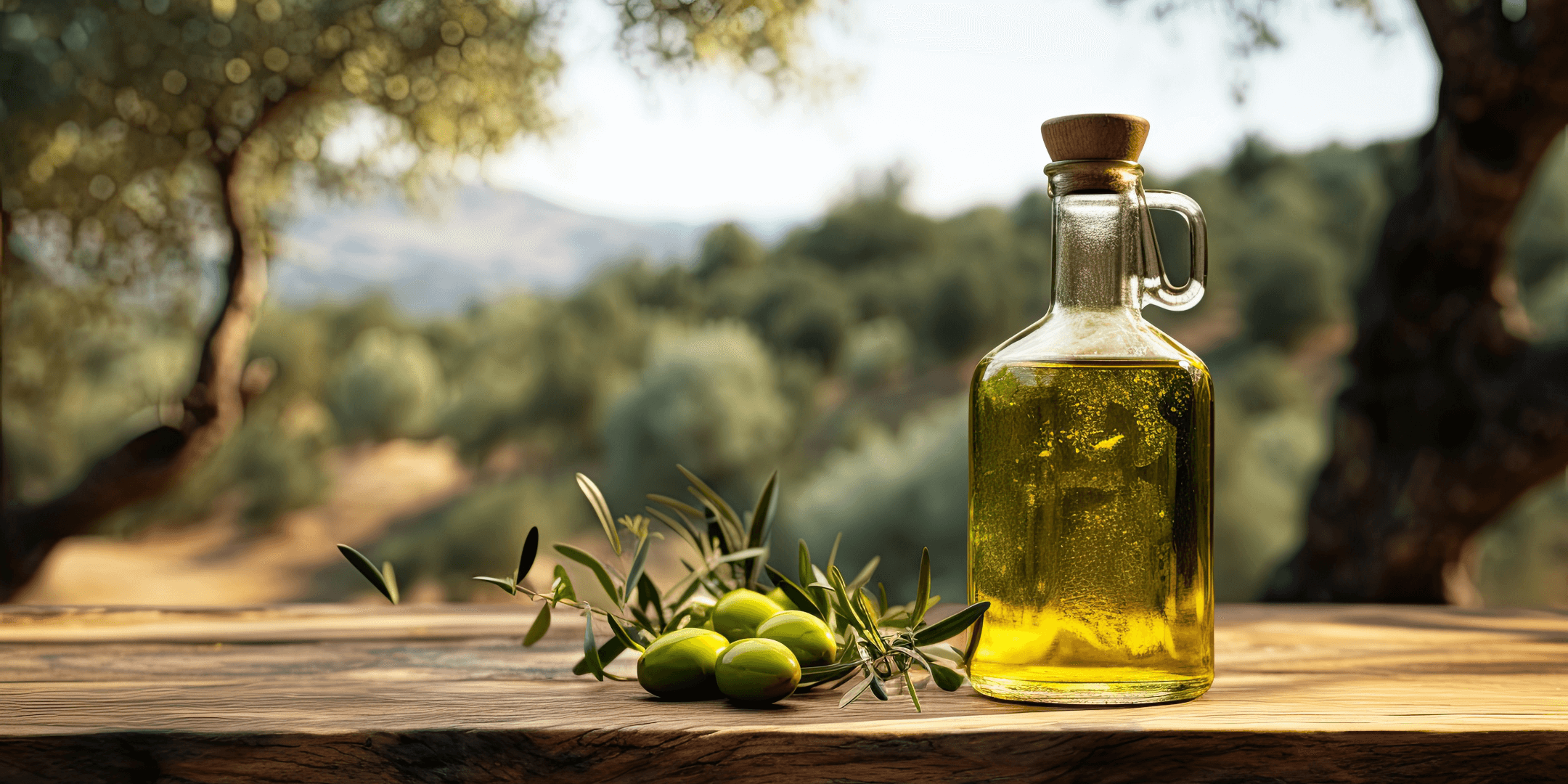Climate Crisis and Crime: A Perfect Storm Brews in the Olive Oil Industry
Posted by Emily on 28th Oct 2023 Reading Time:
In recent months, the olive oil industry has faced a multifaceted crisis. Not only are production levels plummeting due to extreme weather conditions, but a spate of thefts in producer countries like Greece is also shaking the sector. These challenges are sending prices soaring and raising concerns about the sustainability of olive cultivation in traditional regions.

In Greece, where olive oil is described as "liquid gold," poor harvests have led to an increase in thefts, illustrating the commodity's growing value. As reported by sources close to the industry, one raid on a rural grower netted an illicit haul worth over €300,000 (£261,528). The heists, targeting places from modern mills to rural cooperatives, have resulted in tens of tonnes of olive oil being stolen, highlighting the increasing desperation linked to this economic staple.
Manolis Yiannoulis, the head of Greece's olive oil industry association, EDOE, notes, "We're talking about very big business. When olive oil prices in the last year have increased by 200% because of low yields, there is a lot of money to be had." This situation is exacerbated by the fact that a large proportion of Greece's workforce earns significantly below the average of other EU member states, spurring a surge in oil theft even from unlikely places like cemeteries.

The problem doesn't stop at the economic implications. According to Giorgos Oikonomou, director general of Sevitel, climate change is forcing a rethink of traditional olive cultivation areas. He warns, "People here will have to start thinking seriously of transferring olive groves further north to places like Thrace and Macedonia that are cooler. We have been cultivating olives in Greece for 4,000 years, and what we are seeing now is truly unprecedented."
Simultaneously, across Europe, olive oil supplies are dwindling, with production giants like Spain importing from South America to meet demand. Walter Zanre, the chief executive of the UK arm of Filippo Berio, explains, "Today, it is almost physically impossible to buy olive oil. It is sold out." The crisis stems from a series of extreme weather events around the Mediterranean, damaging harvests and causing a significant drop in output.
The International Olive Council estimates a worrying decline, with global production expected to fall well short of the global demand of about 3m tonnes. Rafa Guzmán, a Spanish farmer, details the existential threat to growers, with some harvests down by 70-80%, potentially spelling the end of multi-generational olive farms.
This supply shock has had a ripple effect on prices. Kyle Holland from Mintec highlights that "olive oil supplies could be exhausted before the arrival of fresh harvests," with prices in major production hubs like Andalusia doubling. These price hikes are affecting not just producers and retailers but also consumers who rely on olive oil as a dietary staple.

Furthermore, the climate crisis, beyond immediate financial concerns, is reshaping agricultural practices. Corey Lesk, a climate researcher, emphasizes the vulnerability of crops to extreme heat, noting significant concerns for various crops, not just olives. The issue compounds with incidents of unprecedented weather phenomena, challenging even the most forward-thinking mitigation strategies.
As Europe reels from these developments, the olive oil industry finds itself at a crossroads. The crisis underscores the urgent need for adaptive agricultural practices, comprehensive security measures, and global strategies to address the economic and environmental impacts of a changing climate on critical industries. The unfolding situation in the olive oil sector is a bellwether for the broader agricultural community, highlighting the tangible, urgent challenges posed by climate change and economic pressures.

